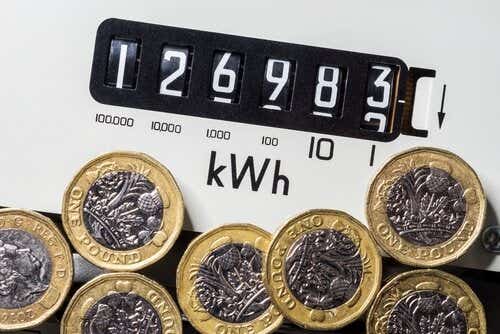Although the government has overridden the price cap level with its Energy Price Guarantee, which has frozen unit rates so that the average household using a typical amount of energy pays £2,500 per year, the underlying price cap mechanism continues in the background. Without the Energy Price Guarantee, it would have risen to £4,279 per year - an increase from its previous level of £3,549.
This has meant that the government has had to increase the level of financial support it’s providing to keep the Energy Price Guarantee at £2,500. While this won’t impact those paying by direct debit, it has meant slight increases for those who pay on receipt of bills and those who have prepayment meters.
| Annual average cost before 1 January 2023 | Annual average cost after 1 January 2023 | |
|---|---|---|
| Paying by direct debit | £2,500 | £2,500 |
| Prepayment customers | £2,559 | £2,579 |
| Paying on receipt of bill | £2,715 | £2,754 |
Using Ofgem's typical annual energy usage figures of 2,900kWh for electricity and 12,000kWh for gas.
What help is available?
Customers who have seen their bills rise this January and are looking for extra support should remember that the Energy Bills Support Scheme still has two months to run, excluding January, so there is still over £120 of financial support left to receive.
Additionally, the government has confirmed details of further cost of living payments to be made throughout the year and into 2024.
The lowest income households will receive a payment of £900:
The first payment of £301 will be made in spring 2023
The second payment of £300 will be made in autumn 2023
The third payment of £299 will be made in spring 2024.
Additionally, another £150 payment will automatically be paid in the summer of 2023 to certain households on disability benefit, and pensioner households will receive another £300 payment during the 2023-24 winter.



